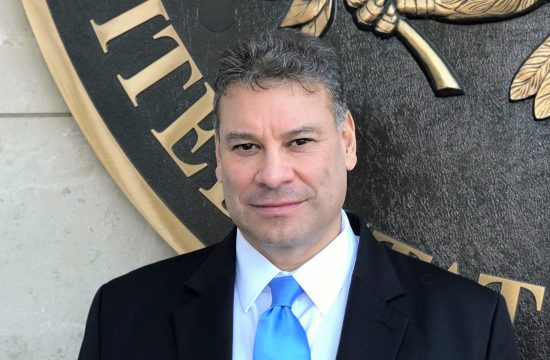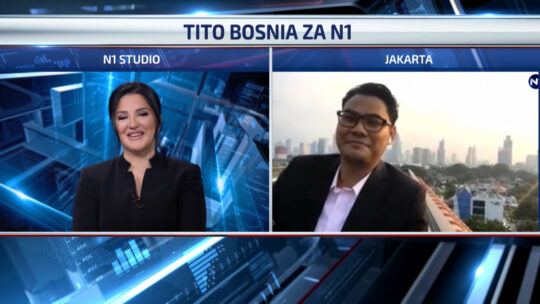France and Germany have criticized President Donald Trump for threatening to pull the United States out of a joint statement with key G7 allies.
Trump tweeted Saturday that he had instructed his representatives not to sign a communique between the seven nations that make up the group just after host Canadian Prime Minister Justin Trudeau announced all countries had agreed to it.
Key to Trump's concerns appeared to be declarations on trade, a thorny issue following Trump's announcement that he planned to impose tariffs on steel and aluminium exports from the European Union, Canada and Mexico.
France's Elysee Palace said Sunday that the country and Europe as a whole maintained their support for the communique.
“International cooperation can't depend on anger and small words. Let's be serious and worthy of our people. We spent two days obtaining a draft and commitments. We stick to it. And anyone who leaves and turns their back on them shows their inconsistency,” the palace said.
German Foreign Minister Heiko Maas on Sunday called on European nations to stick together following Trump's announcement. “It's actually not a real surprise. We have seen this with the climate agreement or the Iran deal. In a matter of seconds, you can destroy trust with 280 Twitter characters. To build that up again will take much longer,” he told reporters in Berlin.
He called on G7 members to “keep a cool head” and consider consequences. “One will be that we will have to represent our interests in Europe as much more closed from the outside. We will also definitely go into talks with our … partners, especially Canada and Japan, and again see how we could work closer together. I would then next travel to Japan or try to set up talks with my Canadian colleagues very quickly,” Maas added.
The G7 is made up of Canada, France, the United States, the United Kingdom, Germany, Japan and Italy.
The communique addresses trade, economic growth, national security and sustainability, and acknowledges that “free, fair and mutually beneficial trade and investment while creating reciprocal benefits, are key engines for growth and job creation.”
Trump has long argued that the US is trapped in a number of trade deals that put the country at a competitive disadvantage. The announcement and Trump's planned tariffs have also put him on a collision course with Trudeau, leader of another key US ally.
Trudeau said Saturday during a news conference that Canada will “move forward with retaliatory measures” on July 1 in response to the Trump administration's decision to impose the steel and aluminium tariffs. “I have made it very clear to the President that it is not something we relish doing, but it is something that we absolutely will do,” Trudeau said. “Canadians, we're polite, we're reasonable, but we also will not be pushed around.”
Trump dismissed Trudeau's comments as “false statements” before announcing the US would withdraw from the communique. The US President addressed the subject of international trade during an impromptu news conference at the summit Saturday, saying that he did not want to see other countries take advantage of the US over trade.
“It's going to change,” he said. “Tariffs will come way down. We're like the piggy bank that everybody is robbing and that ends.”
On Sunday, Canada's Minister of Foreign Affairs Chrystia Freeland called the tariffs illegal and insulting. She took particular issue with Trump's previous claim that imports of Canadian steel and aluminium had made US steel and aluminium plants unsustainable, thereby threatening national security.
“The national security pretext is absurd and frankly insulting to Canadians, the closest and strongest ally the United States has had. We can't pose a security threat to the United States, and I know that Americans understand that. So, that is where the insult lies,” she told reporters during a news conference in Quebec City.
“The action which Canada has objected to, and will continue to object to very strongly, was the illegal and unjustified imposition of tariffs on Canadian steel and aluminium. Canada has objected in words, but will also do so in actions,” she said, referencing the retaliatory measures Canada will impose next month.




